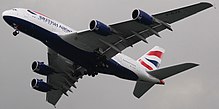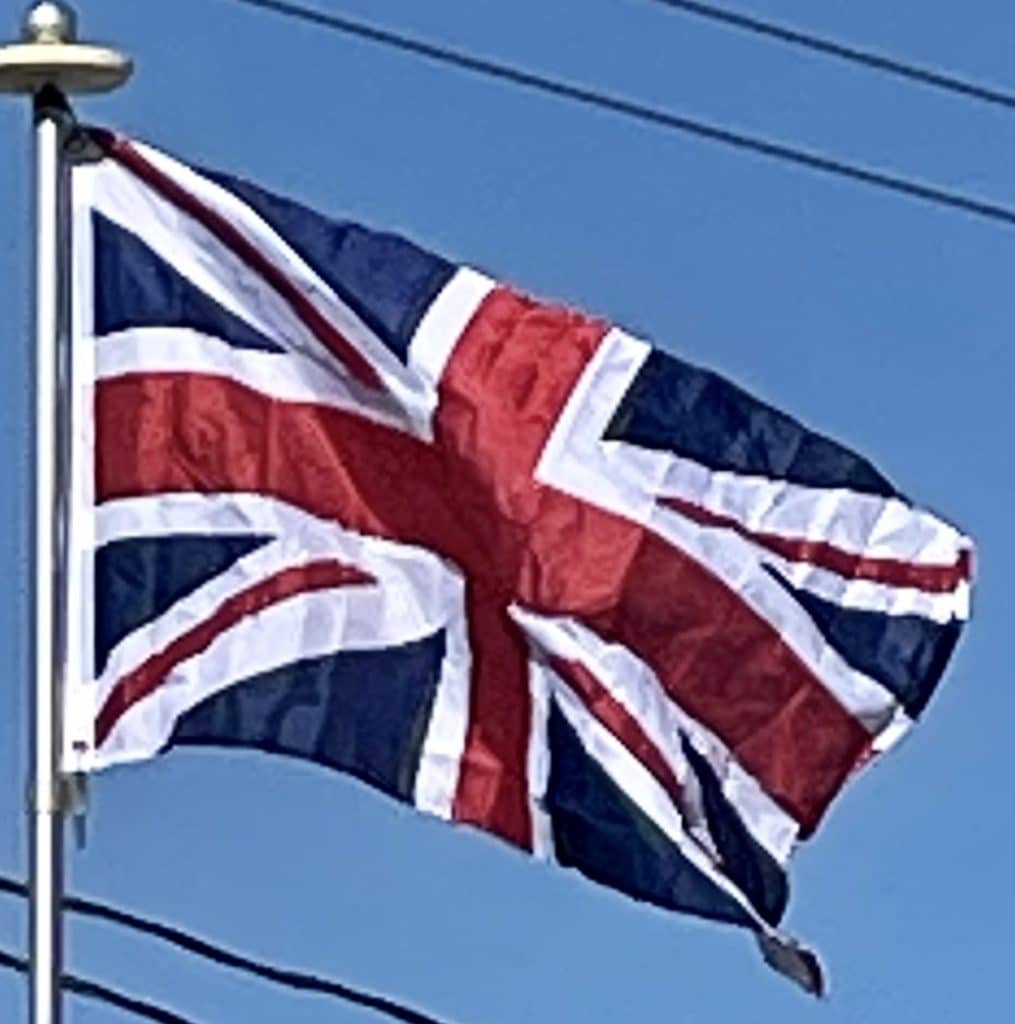The Industrial Revolution started in the UK with an initial concentration on the textile industry, followed by other heavy industries such as shipbuilding, coal mining and steelmaking. British merchants, shippers and bankers developed overwhelming advantage over those of other nations allowing the UK to dominate international trade in the 19th century. As other nations industrialized, coupled with economic decline after two world wars, the United Kingdom began to lose its competitive advantage and heavy industry declined, by degrees, throughout the 20th century. Manufacturing remains a significant part of the economy but accounted for only 16.7 per cent of national output in 2003.
The automotive industry employs around 800,000 people, with a turnover in 2015 of £70 billion, generating £34.6 billion of exports (11.8 per cent of the UK’s total export goods). In 2015, the UK produced around 1.6 million passenger vehicles and 94,500 commercial vehicles. The UK is a major center for engine manufacturing: in 2015 around 2.4 million engines were produced. The UK motorsport industry employs around 41,000 people, comprises around 4,500 companies and has an annual turnover of around £6 billion.
The aerospace industry of the UK is the second- or third-largest national aerospace industry in the world depending upon the method of measurement and has an annual turnover of around £30 billion.

The UK space industry was worth £9.1bn in 2011 and employed 29,000 people. It is growing at a rate of 7.5 per cent annually, according to its umbrella organization, the UK Space Agency. In 2013, the British Government pledged £60 m to the Skylon project: this investment will provide support at a “crucial stage” to allow a full-scale prototype of the SABRE engine to be built.
The pharmaceutical industry plays an important role in the UK economy and the country has the third-highest share of global pharmaceutical R&D expenditures.
Agriculture is intensive, highly mechanized and efficient by European standards, producing about 60 per cent of food needs with less than 1.6 per cent of the labor force (535,000 workers). Around two-thirds of production is devoted to livestock, one-third to arable crops. The UK retains a significant, though much reduced fishing industry. It is also rich in a number of natural resources including coal, petroleum, natural gas, tin, limestone, iron ore, salt, clay, chalk, gypsum, lead, silica and an abundance of arable land.

